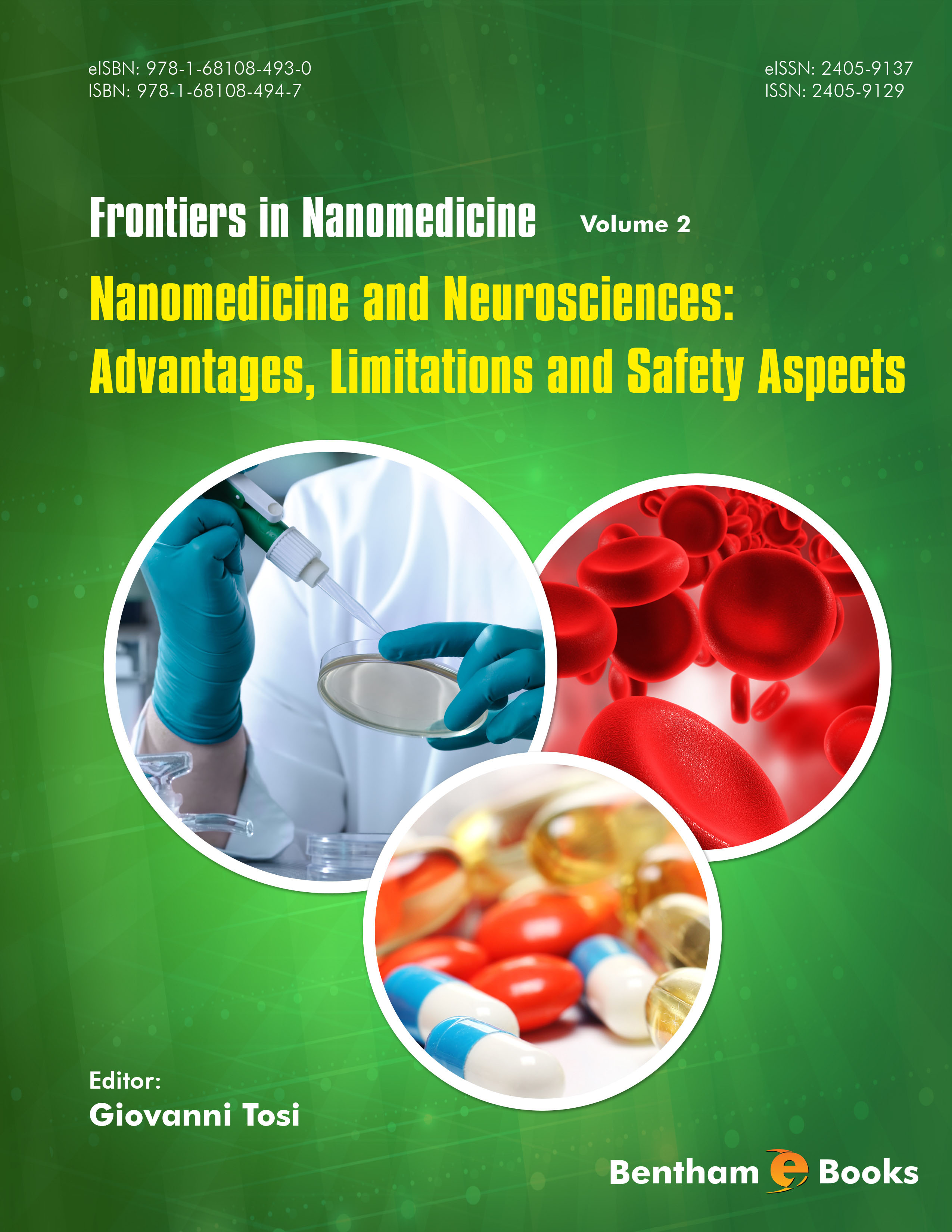The era of nanomedicine is claimed to be effective now, in these years. But we experiment that is not true, in the field of medicine in particular. Obviously, there is a plethora of papers published in the major scientific and highly impacted journals, but it is not enough to claim clearly that medical application of nanotechnology is currently on the edge of technological approaches.
Considering the brain, there are several pathological changes affecting the Central Nervous System (CNS): neurodegenerative (Alzheimer’s, Parkinson’s, retinal degeneration), neurological/neuropsychiatric (epilepsy, amyotrophic lateral sclerosis, autism), brain tumors (gliomas, astrocytomas, etc.) and rare neurometabolic disorders (i.e. inherited Lysosomal Storage Diseases), all considered major contributors to human death. Neurological disease management deeply impacts on patients health, care providers activity and represents a substantial socio-economic burden. Due to the absence of targeted and cost-effective therapies and limited diagnostic tools, the costs to the national health systems are high.
For disease management, it is fundamental to achieve a deeper understanding of basic neurobiology underlying each distinct disorder and as an urgent unmet need, to develop novel targeted therapeutic strategies. Nanomedicine represents a powerful new approach providing novel carriers to deliver drugs to specific sites in the brain as well as to other organs (lung/liver/ breast/ tumor sites). Only a joint multidisciplinary research coordination effort can facilitate the full development of nanomedicine as valuable treatment and diagnosis strategy for these diseases.
This book provides for the first step in order to “fill in the blanks” with a part of aspects which should be considered in order to produce and propose a real and applicable nanomedicine for the cure of neurodegenerative disorders and neurological diseases.
With critical behavior and with deep knowledge, scientists of high experience and skills in their field of research or clinical settings analyzed different aspects of nanomedicine for brain delivery and targeting of drugs.
From the bases of neurodegenerative diseases as anatomy and pathology of brain disorders, this book opens to wide overview of the applications of nanosystem to brain disorders, addressed by means of application of nanomedicines to neuronopathic lysosomal storage disorders, or by the application of nanoparticles to target mitochondria in neurodegenerative diseases. Drug delivery to the brain by liposomal systems along with nanotopography sensing are also approached, together with the targeting of nanomedicine in mucopolysaccharidoses and brain compromission, along with the validation of drug nanoconjugates in vivo. Finally, safety aspects and benefit/risk focus is given by means of analysis of protein corona affecting the in vivo efficiency of polymeric NPs and neuroendocrine aspects of nanoparticles into neurodegeneration.
Giovanni Tosi
Associate Professor, Department of Life Sciences,
University of Modena and Reggio Emilia,
Via Campi 103, 41124 Modena,
Italy

